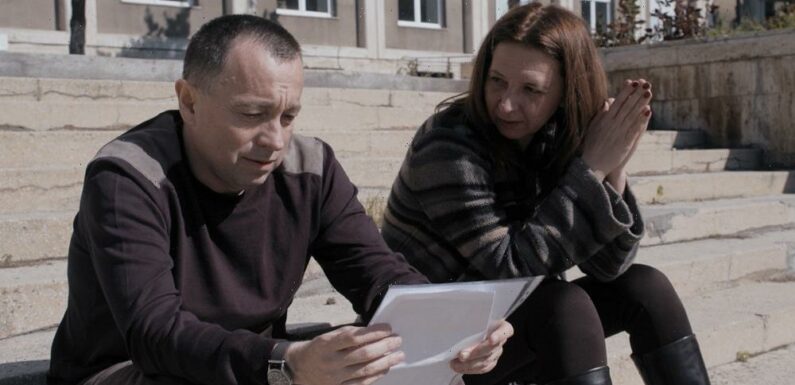
More than 90 film professionals in Romania have requested that the head of the Romanian Film Center (CNC), Anca Mitran, steps down, after an interview in which she said that in recent years Romanian filmmakers have been making art films instead of films for the audience, and that documentaries are not meant to be screened in movie theaters, according to Film New Europe.
The first to protest were a handful of documentary filmmakers, including Alexandru Solomon, Andrei Ujica and Andrei Dascalescu, and film editor Dana Bunescu, who launched an open letter signed by Alexander Nanau, Radu Jude, Calin Peter Netzer, Radu Muntean and Stere Gulea, among others.
According to the signatories, Mitran is “attacking” Romanian art films while expressing her regret that films like those made under the Communist regime (historical films, comedies, love stories, and so on) are not being made anymore.
She is also inaccurate, they said, when she said that documentaries are not popular in Romania. “‘In the last 10 years we made over 100 documentaries. How many have you heard of that performed?,’ she says. Well, according to the CNC itself, in 2020 alone, nine of the top 20 Romanian films with theatrical distribution were documentaries. The sole Romanian film that got nominated for an Oscar (not in one, but in two categories) is a documentary, ‘Collective,’” reads the open letter.
The film professionals are demanding that the CNC “be led by a qualified appointee who is open to collaborating with those who work in the film industry, and whose vision of Romanian cinema is in keeping with the evolving realities of the 21st century.” Moreover, they say, Mitran’s mandate “has been extended although she reached retirement age — though it is not clear why the Ministry of Culture has decided to do so, given that under Ms. Mitran the CNC: failed to revamp Romania’s theatrical distribution system and to reopen the cinemas it seems so eager to fill; vanished for a year and a half during the pandemic, leaving the Romanian industry with no support in the midst of a crisis; and failed to adapt and modernize beyond punch-hole files until 2022.”
Mitran told FNE that she was not reproaching Romanian filmmakers for making films for festivals, and her observation was based on the number of films, awards and admissions. “The 640 films made in the last 10 years received 500 awards,” she said. “Two genres of films are missing almost completely from the market: comedies and films for children. CNC is receiving almost weekly emails from spectators asking (sometimes aggressively) to stop supporting certain films. Why should the opinion of the audience not be taken into account? They are also contributing to the Film Fund,” Mitran said.

The head of the CNC cannot single-handedly decide on the allocation of funds and has to put into effect the decisions of the Council of Administration. Moreover, said Mitran, the CNC is supporting from the Film Fund not only film production, but also distribution, festivals, film events and publications. The Film Fund is approximately 45 million RON annually. In 2022, approximately 40 million RON was allotted for film production and the rest of 5 million RON will be distributed according to the decision of the Council of Administration, said Mitran.
She also said that cinemas are not under the jurisdiction of the CNC, which “cannot intervene in the distribution policy of private cinemas except for requesting them to screen minimum 5% Romanian films annually, according to the law, and this percentage is respected.”
As for disappearing for a year and a half during the COVID-19 pandemic, Mitran said that this is not true as the CNC decided on solutions such as extending the date for entering in production or for presenting the final film copy, and also organized grants sessions.
Click here for the open letter.
This article is published in partnership with online news service Film New Europe, which covers film and TV industry news from across Central and Eastern Europe.
Read More About:
Source: Read Full Article